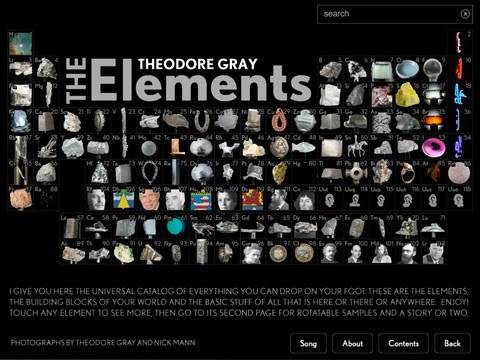Download the Universe brings together 15 of the Internet’s top science folks in an online forum that guides readers through the vast world of digital science e-books, texts and apps.

It was born last month, after a group of writers and scientists had started gathering at Science Online to discuss the rapid growth of e-books. They saw a blissful future for science books – but how would readers be able to find out about them? If you spend too much time on the Internet, you’ve probably noticed that science e-books do not get reviewed often, nor are they picked up by blogs.
On Download the Universe, these 15 smart scientists have dedicated their time to reviewing books about science that only exist in the digital universe. Those may include self-published PDF manuscripts, Kindle Singles about science, or even apps with games in them.
But why a website dedicated to only science e-books? And why now?
The idea of a scientific e-review comes from Carl Zimmer, who writes about science for the New York Times. He also authors the blog The Loom.
In his introduction to the site, Zimmer raises important points about the nature of the traditional publishing industry versus the infinitely malleable digital publishing industry. Zimmer has an answer to that question.
“E-books are once again redrawing the boundaries. Walk into a book store and look at the science section. Most of the books are between 200 and 400 pages. Most are created by large publishing houses. There’s nothing fundamentally wrong about a 50-page book, of course. It just doesn’t fit comfortably into the publishing business – a business that has to contend with costs for printing books, storing them in warehouses, shipping them to book stores, and accepting returned books. E-books create an economic space for the very short book (and the very long one). They also allow authors to reach readers without having to persuade a publisher that their book will earn back an investment.”
The first review is already up. Pulitzer-prize winning science writer Deborah Blum evaluates the popular iPad app The Elements.

Because Download the Universe includes texts and apps that are not quite packaged as “e-books,” one could argue that these items are not “books.” Zimmer sees this argument, and assures readers that perhaps this is true. But nonetheless, there is “something missing in between,” as he writes. Download the Universe fills that space online where the science inbetweenness lives.
Image courtesy of Shutterstock.
















